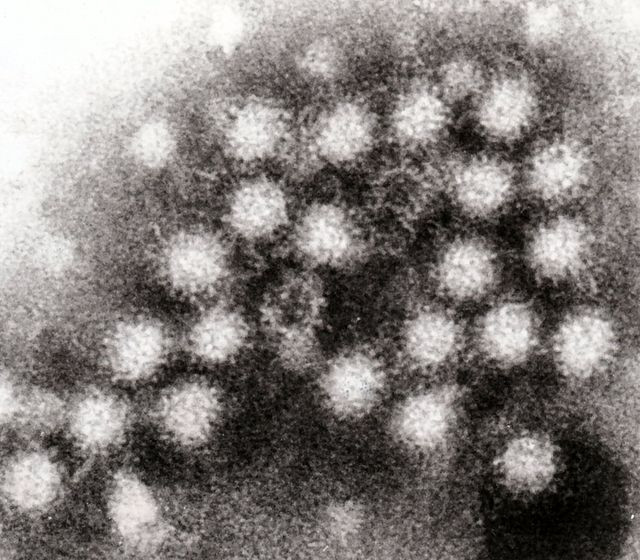Amid a troubling surge of norovirus cases in the Northeastern United States, a contentious debate has emerged on social media, with some users attributing the outbreak to migrants. This highly contagious virus, known for causing severe gastroenteritis, has seen a spike in positivity rates, igniting fears and speculation among the populace.
Reports indicate that nearly 14% of swabs in the Northeast tested positive for norovirus at the onset of February, a notable increase from just under 11.5% in mid-January, according to data from the Centers for Disease Control and Prevention (CDC). This uptick has led to a flurry of online commentary, with one Facebook user pondering, "Could [the] spread of viruses be connected to Unvetted Illegals immigrants coming across our borders every day?" Such sentiments have resonated with a segment of the population, eager to find a scapegoat for the virus's rapid spread.
Norovirus, however, is not a new threat to public health. The CDC outlines that this virus is a perennial cause of acute gastroenteritis in the United States, leading to symptoms such as vomiting, diarrhea, and stomach cramps. The virus thrives in the cooler winter months, a period when people tend to congregate indoors, facilitating its transmission. Annually, norovirus is responsible for an estimated 19 million to 21 million cases of stomach bugs, resulting in significant healthcare burdens, including 465,000 emergency room visits, 109,000 hospitalizations, and 900 deaths.
Transmission of norovirus primarily occurs through the ingestion of contaminated food and liquids, contact with infected surfaces, and close interactions with infected individuals. These modes of transmission underscore the virus's capacity to spread rapidly within communities, irrespective of the presence of migrants.
The narrative implicating migrants in the norovirus outbreak has been further scrutinized in light of historical data from the CDC, which reveals that the Northeast region experienced similar spikes in norovirus positivity rates in March 2022, well before the initiation of policies such as Texas Governor Greg Abbott's decision to bus migrants to New York City. This timeline challenges the assertion that the recent surge in norovirus cases is directly linked to the arrival of migrants.
As this debate unfolds, it is crucial to approach the situation with a critical eye, relying on scientific evidence rather than conjecture. The impulse to assign blame to migrants overlooks the complex nature of infectious disease transmission and the myriad factors contributing to an outbreak. Public health measures, including enhanced hygiene practices and vaccination, remain the cornerstone of preventing the spread of norovirus and safeguarding community health.
In light of these developments, it is imperative for public discourse to be informed by factual information, steering clear of unfounded allegations that may foster division and detract from effective response efforts. The focus should remain on collective action to mitigate the impact of norovirus, ensuring the well-being of all communities, irrespective of their origins.






